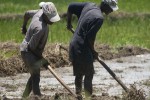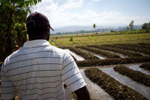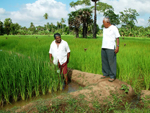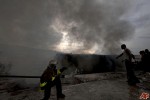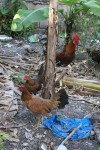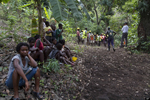Cuba Safeguards Biodiversity to Guarantee Food Supplies | Cuba busca garantizar alimentos bajo otro clima
By Ivet González, with reporting by Patricia Grogg, IPS. Small farmers in Cuba are involved in developing improved seeds from local stocks, to obtain good harvests under difficult environmental conditions. (English | Spanish)
Continue reading →




